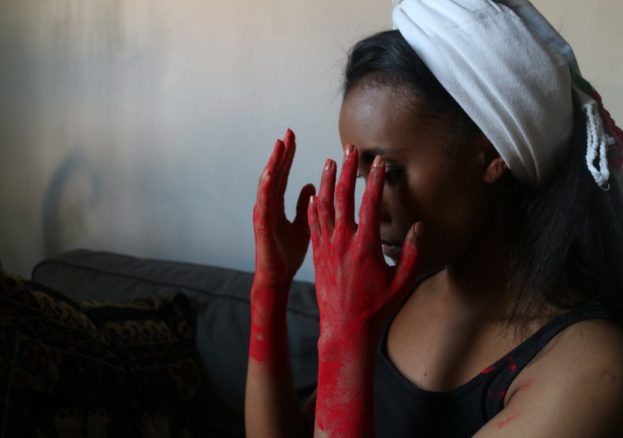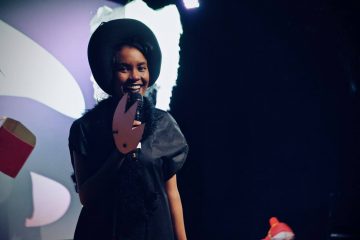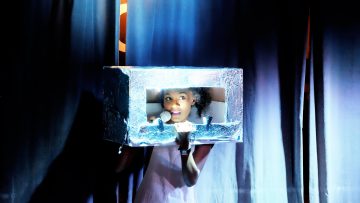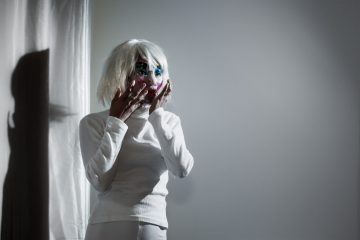
We Owe You a Legacy was made after a lot of discussion around my own mental health and the realisation that so many things that I do and habits that I have are a result of the relationship between my mother and me.
When I felt I was a disappointment or worried about failing, her voice and her opinion mattered the most. To this day, I still believe that if she tells me to do something or gives an opinion that she absolutely must be right (even when she is most certainly wrong!). But after a lot of deep reflection I started to objectively analyse my relationship with her and concluded that so much of the stuff that caused friction between us was born from a place of misunderstanding and stubbornness that all seemed to be rooted in a place far deeper than simply a mother-daughter bond. I saw her relationship to me as a reflection of the power dynamics in place as a product of colonialism. I decided that if I was to make a piece about this relationship I’d investigate the root of the struggle.
I want to explore stories about diaspora experiences that don’t paint a picture of Africa and African customs as being perfect. At the moment there’s a wonderful push for people of the diaspora to create work that inspires pride and strength as a community and it’s a beautiful thing, but I am keen to make sure that in an effort to celebrate our identities, we don’t ignore the fact that to be of African descent is to be a complex person who’s communities are not immune to flaws. I am African and I’m lucky enough to have lived there for a large portion of my life. To look at the motherland without any criticism of the way things are right now is to act as if ‘home’ is a magic paradise, when in fact, there are so many aspects of our society now that need fixing and a lot of those broken pieces are a direct result of what colonialists did to African societies and African families. That whole period caused structural damage everywhere that hasn’t had a chance to be repaired and we are still trying to excavate our stories
As I made/ make the piece I realised how important it was to respect the role of the mother in the work, while attempting to paint a particular picture of mother daughter relationships and tensions as I knew them. I refer to the relationship as a wrestling match, because it does feel like a scuffle between the past and the present. Its both an enactment of small moments of colonial residue but also, potentially the mothers influence could be a tangible way to practice identity.
I think this show matters now because the performance space should also be decolonised and people are growing more and more ready to hear about how. Because I do not want to make theatre that exists to explain to white people what its like to be black. I want to make work as a woman of colour so that other people of colour feel equally challenged by the work and also feel their experiences reflected back at them. If the point of making experimental live art is to challenge, but you don’t extend that to our own people, then we are excluding them from an important part of the performance experience. Theatre that elevates black people has an important and valuable place, but I want to do something other than elevate. I want to make sure that we are also questioning and self-critical within our communities and relationships while still maintaining our dignity. I still don’t know if I’m doing this, but I am trying to figure this out. This is what drives my process now.
Food is important in the show as is dancing and language. These are all inherited gifts in my family that are evidence of my culture before colonialism. It doesn’t matter which country you are from, if your people were colonised every country, every tribe has a different identity represented in the way they cook and eat. The way we use these practices is inherently joyful. We communicate, we express ourselves and we keep ourselves alive through them. These things are defiant and I wanted to use them to inform the work.
I want everyone to come and see it! I want you to come and see it if you like cooking smells and dodgy dancing. I want you to come and see it if you have strong opinions on black people in performance spaces. I want you to see it because it could fail! I want you to see it if you have a non-white mother who you love but are a little bit scared of sometimes. Just come and see it so we can talk about it!
Twitter: @marionburge | Instagram: @marionburge | Facebook: Marion Burge weowealegacy #pinataplay
